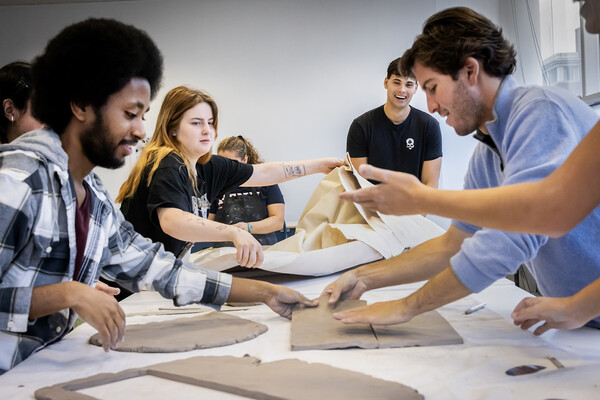Darrell Merritt was not prepared for his lifesaving call to come amidst a pandemic. But on March 28, Merritt had a successful kidney transplant at at the Hospital of the University of Pennsylvania.
Shortly after the World Health Organization (WHO) declared the COVID-19 outbreak a pandemic in mid-March, Pennsylvania Gov. Tom Wolf ordered hospitals statewide to suspend non-urgent and elective procedures to preserve resources and limit exposure to the disease. Organ transplantation—an urgent, often lifesaving procedure—was allowed to continue. Many transplant centers, including the Penn Transplant Institute (PTI), continued to perform procedures, but the pandemic raised questions and posed unique challenges for both organ procurement and transplantation.
Unlike living donor transplant procedures, which could be scheduled weeks in advance, organs from a deceased donor need to be procured and used rapidly, representing a time-limited opportunity. But COVID-19 testing shortages, particularly early on, made it difficult to confirm that potential donors who died of something unrelated were not infected. In order to protect the safety of patients, transplant centers needed to carefully vet all donors to ensure there is minimal risk of COVID-19, explains Abraham Shaked, director of the PTI. For example, the PTI is not accepting organs from deceased donors who tested positive for COVID-19 or those who are suspected to have had been exposed to the disease.
The unique challenges, coupled with fewer organ donations, led to a tremendous reduction in transplant procedures in the United States throughout the pandemic, according to an international team of researchers that includes Peter Reese, an associate professor of medicine and epidemiology at the Perelman School of Medicine. Deceased donor transplants—which accounted for about 80 percent of the nearly 40,000 transplanted performed nationwide in 2019—dropped by about half in the United States from late February into early April.
Despite the added challenges, the PTI continued to perform some life-saving organ transplants for patients, like Merritt, on the waitlist.
This story is by Mike Iorfino. Read more at Penn Medicine News.







